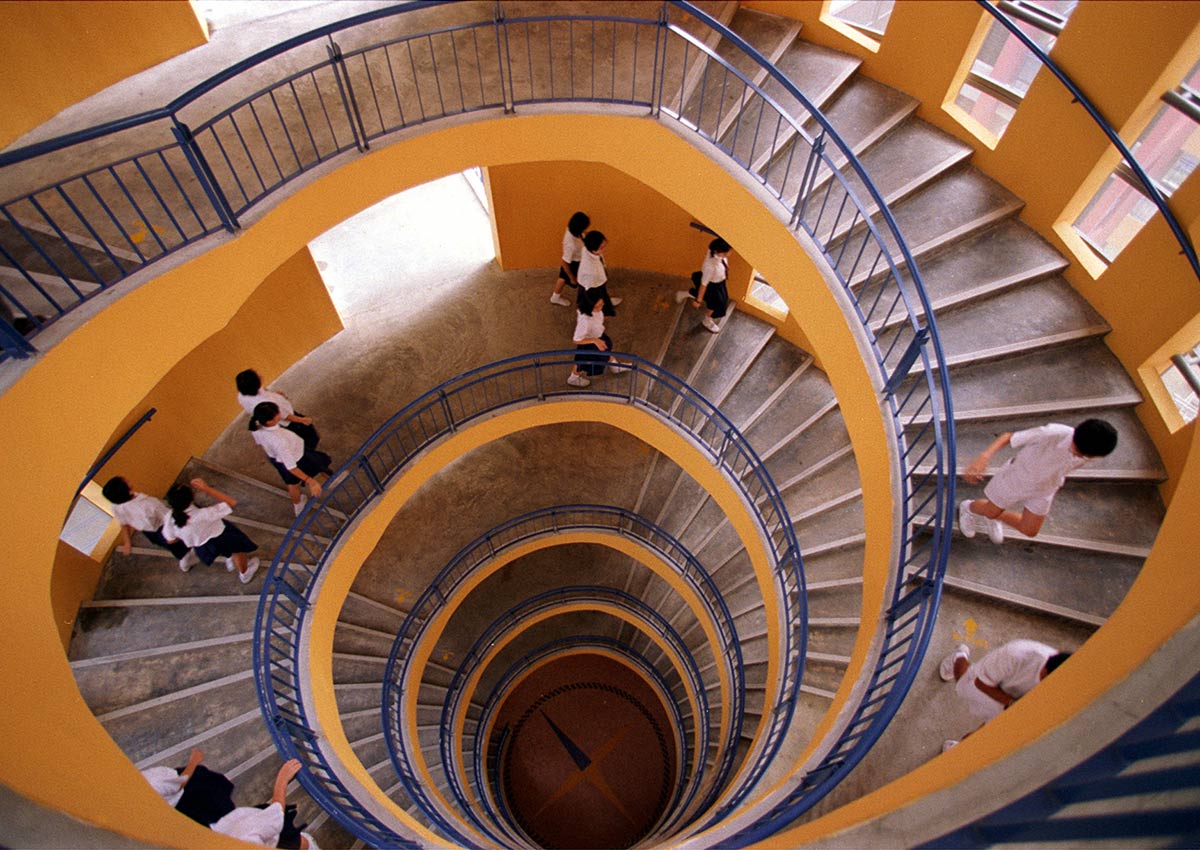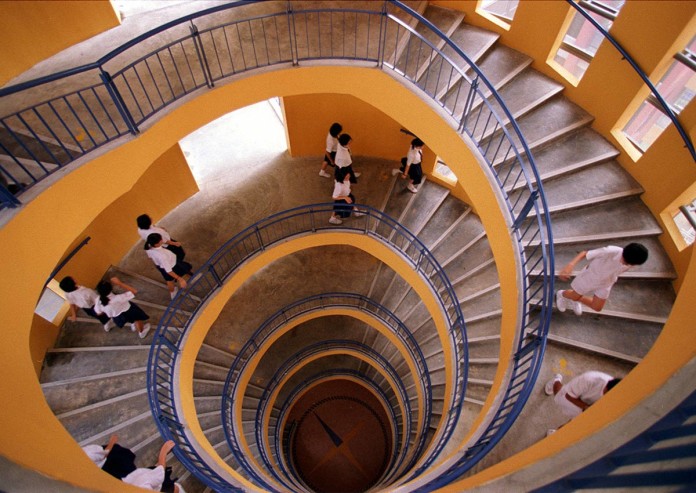This is a long wait, but in July this year, the Ministry of Education (MOE) announced a major change in the Primary School Leaving Examination (PSLE) scoring system.
Under the new PSLE system, students will no longer be rated for their performance relative to their peers.
The new system will enter into force in 2021 to encourage students to focus on their own learning, not competition.
The current T-score system will replace 8 scoring bands called Achievement Level (AL), and the PSLE score of the medium 1 score will be the sum of the AL of the 4 objects.
Hopefully through the new system, parents will stop pushing their children to chase the last mark, rather than sending them to learn, to encourage them to pursue sport or art, to cultivate creativity and human skills to bring them with the skills needed in a turbulent , Uncertain future thrive.
But even if the announcement of the PSLE reform, the ministry said it was reviewing another key policy, the direct school enrollment program, which also aims to encourage students to go beyond smartphones.
These changes are expected to be announced in the next year, the new plan in the next few years to implement.
In 2004, the DSA was introduced, allowing secondary schools to expand their admission criteria beyond the PSLE score.
For example, schools can admit strong athletic or artistic, even before the PSLE results come out of the student.
Last year, a total of 126 schools enrolled 2,700 students through this program.
The Ministry of Education said it intends to broaden DSA opportunities to more students in schools with specific advantages, as well as “sharpening the focus of DSA” to better identify specific areas of talent and achievement, rather than the general academic reflection of PSLE ability.
CRITICISED
Over the years, the program has been criticized as a channel to ensure that students in the most sought-after comprehensive program schools, where their students bypass the O level.
There are also complaints that top schools use it to retain the best academic talent, including gifted education programs for students.
It is clear that the DSA program has become another way for academically smart students to get early in places of excellence in schools, earlier than PSLE.
This contradicts the core objectives of the DSA program, which means giving those who have other talents the chance to shine.
The change to the DSA program is expected to be far enough, just as with PSLE, the program is seen as the key to turning Singaporeans attention away from academics.
But the PSLE and DSA reforms are just two parts of a broader shift from academia to a wider range of opportunities for children to discover their interests and talents.
Over the past few years, a number of changes have been made at all levels – from primary to tertiary.
The results of national examinations, such as PSLE, have been released, with no top scorer being highlighted.
While the schools still recognize their best performers – as a group – they also celebrate those who show improvement and overcome challenges like disability or disease achievement.
More schools have developed programs that foster interest in the fields of theater and dance.
The Ministry of Education is paying more attention to outdoor education.
Under the Syllabus for Physical Education launched in 2014, 10 to 20 percent of primary and secondary school curricula are left to them.
As part of the new national out-of-home adventure education master plan, from 2020 onwards, all students will also participate in three camps.
This shift also takes place in higher education.
EXPANDING
Polytechnics and universities are expanding their capacity-based admissions to allow students who do not produce results but show passions and interests to enter the process of their choice.
This is related to the broader SkillsFuture program, which advocates mastery of skills and is just a collection of eligibility.
However, even if the Ministry of Education demonstrates the political will to slaughter more sacred cows in education, there will be no transition to more comprehensive education unless parents play a role.
I reminded the Ministry of Education of the announcement a few years ago, in the form of evaluation of primary schools to replace the examination of junior students.
Some parents enter the panic mode, fearing that their children will not study hard and begin to buy expiring exam papers for top primary schools.
Singapore’s first position in international benchmarking will be meaningless if we continue this path.
As the former Minister of Education, Heng Swee Keat, cautioned, this narrow focus on performance and examinations could lead to a “spiral chase of paper”, and we will develop excellent performance in exams but no ability to work Of students in the future.
Hope this one step forward, two-step return to the dance will not continue in the new year.
A bold reform of the education system
sandra@sph.com.sg

This article was first published on December 28, 2016.
Get a copy of The Straits Times or go to straitstimes.com for more stories.







